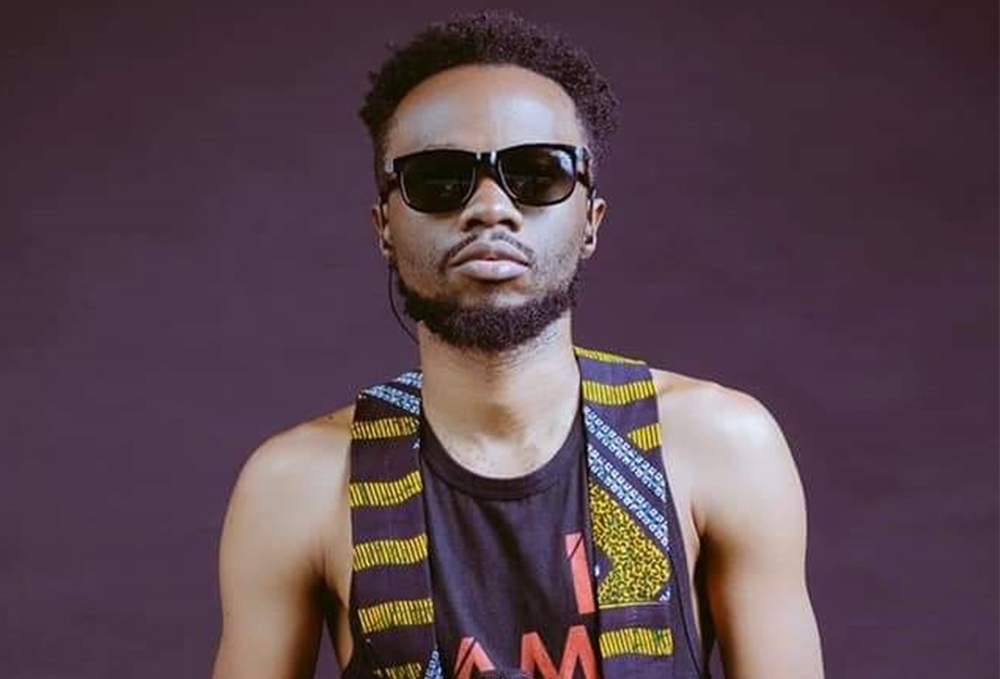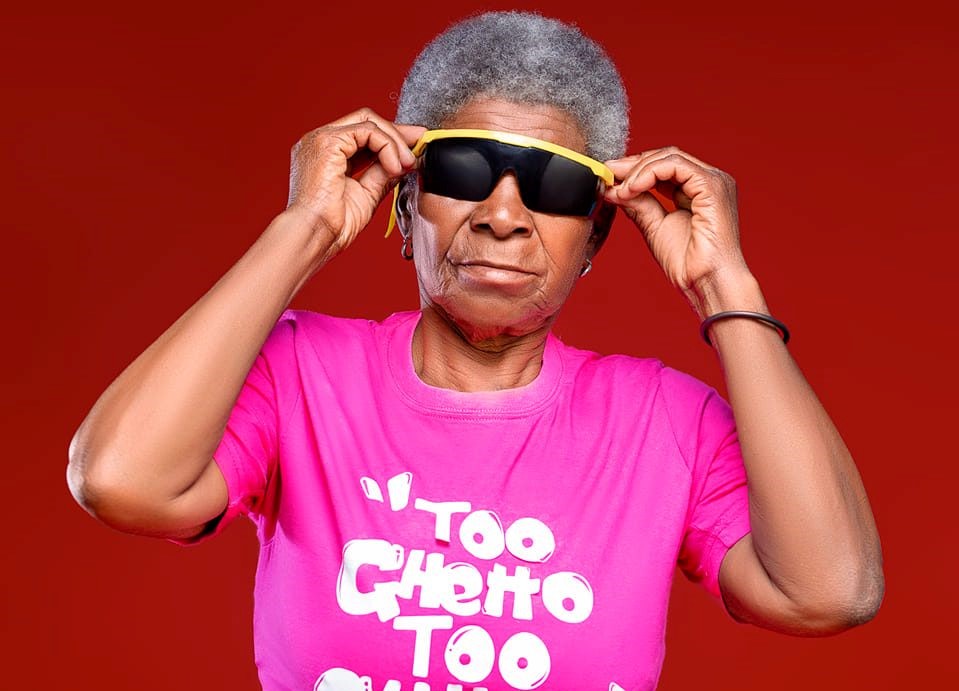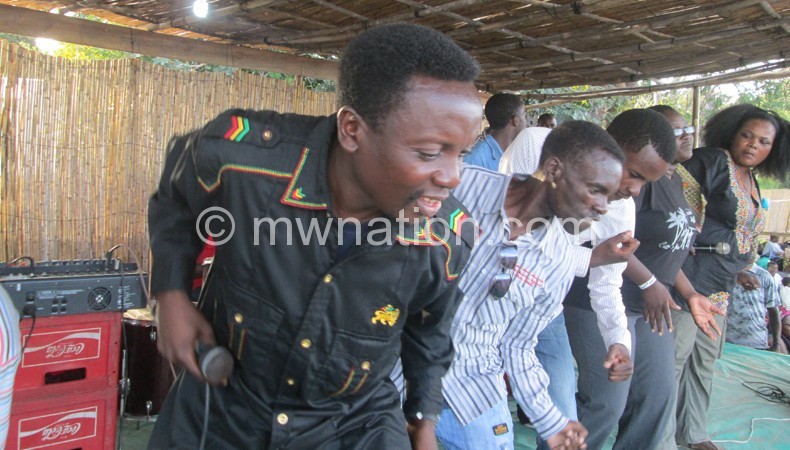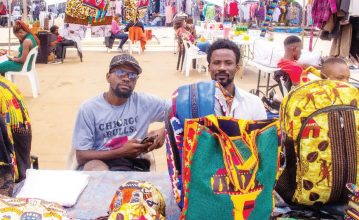How to host a virtual event
Restrictions on public gatherings, including social distancing is one of the precautionary measures against Covid-19. The measure has affected hitherto large gatherings such as music shows, religious services and political rallies as only a maximum of 50 can attend. This, however, has created an opportunity of virtual meetings. In this interview, EDITH GONDWE talks to Kelvin Before Gumbi (KBG) of Nyali Music Studios on how to host a virtual event.

We have noticed that Nyali Music Studio has successfully hosted the majority of virtual shows in Malawi. For a layman like me, what does it take to host/organise a virtual event?
Hosting a virtual event is more or less like hosting a normal physical event. The only difference is that there is no audience in the room. So, one needs a band, a venue, a reliable Internet service provider which in Malawi is very crucial, cameras, a computer, production crew and a platform through which to channel his or her performance.
How many big artists have you helped to host a virtual event?
So far we have had Faith Mussa, Peter Mawanga, Esther Chungu from Zambia, Gwamba and Khetwayo featuring Joe Kellz.
Some have argued that Malawian artists are not yet ready for virtual events. What is your own assessment?
I think Malawian artists are ready or should be ready for virtual events. Just like it was when radio moved from analog to digital, local artists must accept that we are moving towards digital shows and not physical ones. In the USA, more and more artists are hosting virtual shows from the comfort of their living rooms or studios. They then stream the shows online and connect with their fans. The likes of Beyonce are streaming their music more now than ever. Some are even developing apps so that only those who subscribe to those apps can access their music and get entertained. Locally, I think artists are not ready to do everything by themselves. But those who can hire expertise from elsewhere like those who are tech savvy then they have nothing to worry about.
What is the cost of hosting a virtual event which in the end people will watch for free and if anything they will spend their money on data which goes to these service providers?
Yes. That is the small dilemma that we are in. But this needs not to worry us. Artists should know the power they possess. They have huge following online. For example, Patience Namadingo has over half million followers on Facebook alone. Tay Grin has over 100 000 followers on Facebook and he is also on Instagram and Twitter. If companies want to convey messages, they can team up with artists, sponsor their shows with a little something on top and then use the shows to communicate whatever messages they may have. It is a powerful and easy way of getting to their potential clients and clients. So, both the artists and the corporate will be benefitting from each other. It is a win-win situation. Another way that international artists are doing is through streaming. Artists who are holding virtual events and streaming them, do actually directly get their revenue. Local artists need to explore this even after Covid-19.
You have said you have helped artists host virtual events, can you share with us an example of a successful virtual event which translated into money?
There are several, but I will give you one which comes to mind. It was with Peter Mawanga. We helped him host a virtual event right here in Malawi. He specifically hosted it for Malawians living in diaspora. It was through Zoom and he made good revenue as people paid to get links, some paid more to choose a song so that he could play for them while others simply topped up after being impressed with his performance. n






One Comment